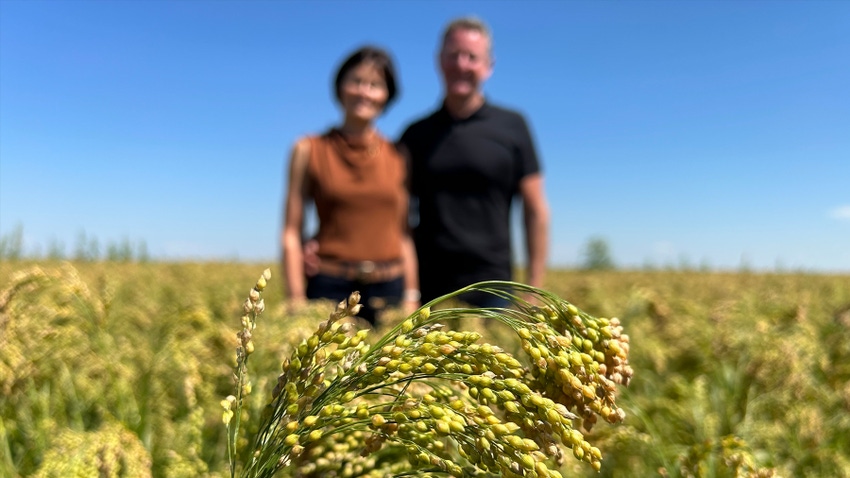
Some of you might have noticed a change this year in the name of the premier award we present to the top farm families in the state.
After much discussion, Kansas Farmer and Kansas State Research and Extension changed the name of the “Kansas Master Farmer and Master Farm Homemaker Award” to “Kansas Master Farm Family Award.”
It’s not the first name change for the award.
In 1927, Arthur Capper, then the publisher of Kansas Farmer magazine, created the first class of Kansas Master Farmers and the Kansas Master Farmer Association. In 1928, The Farmers Wife magazine chose to follow suit and create the Master Farm Homemaker Guild with the Master Farm Homemaker award as its prize.
The two organizations ran separately under competing magazines until The Farmers Wife closed in 1940, and Capper offered to sponsor the guild and thus combined the prizes into one recognition for married couples.
And that worked OK for the next 70 years.
But looking at the next generation of farmers taking over Kansas agriculture, we started to wonder if the name of the award might also start reflecting the changing farm families in Kansas.
There are plenty of nontraditional farm family arrangements out there. Parents farming with sons and daughters in equal roles on the farm is not as unusual as it might have been even a decade ago. Siblings farming in equal partnership, or women-led farms, don’t exactly fit under a farmer-farm homemaker label. These are all farms worthy of being recognized for their excellence in agriculture and community leadership.
While we’re looking ahead to the future Master Farm Families that are to come, we haven’t forgotten the rich legacy of the Master Farmers and Farm Homemakers who broke ground for us.
Far from it.
The Kansas Master Farmer Association and Kansas Master Farm Homemaker Guild will continue to be their separate entities, and Master Farm Family honorees will be able to join either organization of their choosing. That won’t change. And the goals of those organizations of promoting agriculture and community service won’t change either.
I, for one, am so proud that our state is one of the few states who has organizations like this, and recognitions like this award, to showcase the outstanding work of our farm families. There’s so much history we capture in telling award honorees’ stories. And if you look at the list of past winners, it is a list of great families who’ve made great contributions to advancing Kansas agriculture.
And that’s one of the goals I’ve set for myself as the editor of Kansas Farmer: to go back through the history of the award, and bring those stories forward in some fashion so that future generations might learn from them.
You know, each time I sit down with an honored couple, I marvel at how they’re building on their family farm legacies and making room for the next generation to come on board and find their own niche in the family operation.
Sons bring home agronomy degrees and take on the crop management for the irrigated corn farm in western Kansas. Daughters return with agribusiness or animal science degrees and take on the livestock enterprises of the family ranch in eastern Kansas.
A nephew may handle the equipment and technology needs of the multigenerational family farm that his father and uncle head up in south-central Kansas. A single woman may be using a flock of goats to improve soil health of the plot of land she bought and direct-markets their meat and milk to consumers at the farmers market near one of the metroplexes in the state.
There’s room for them all in Kansas. They all play a vital role in our agricultural economy. They all contribute to our community vitality.
The award should reflect them and other Kansas farm families of the future.
Read more about:
Master FarmersAbout the Author(s)
You May Also Like






